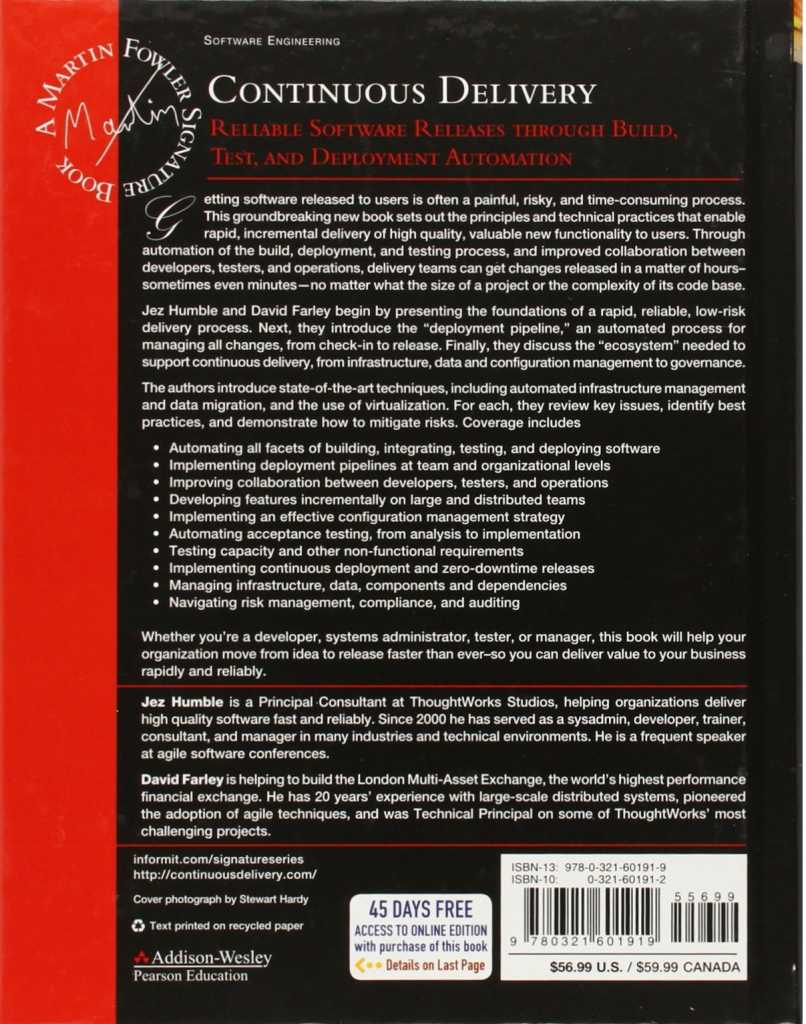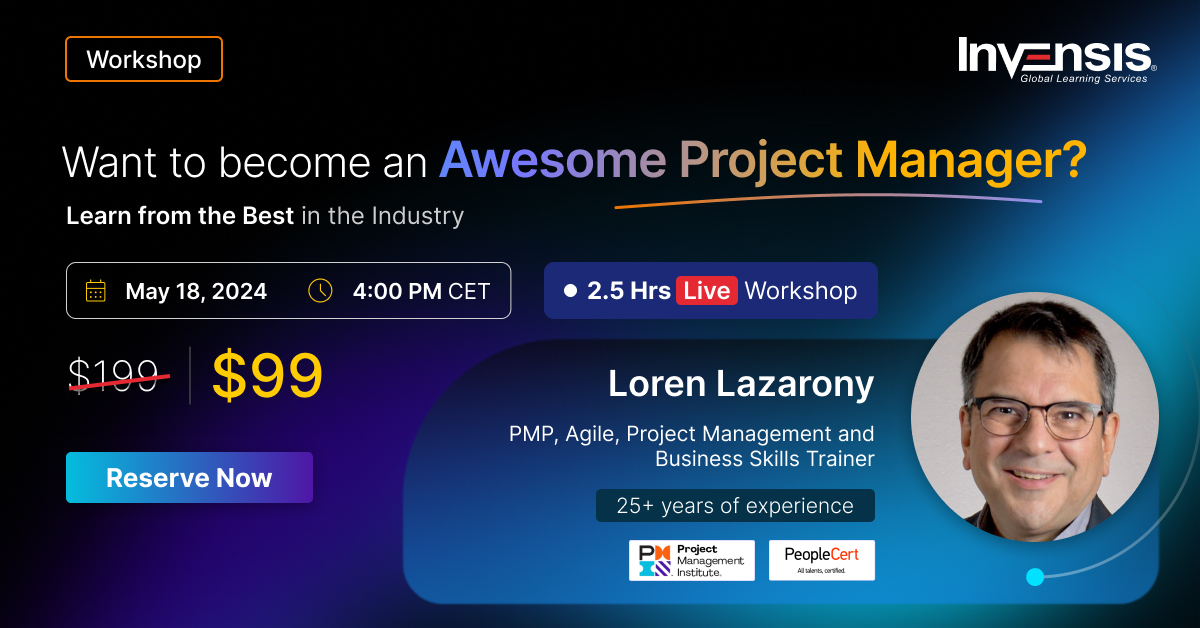
Are you willing to study DevOps and understand its fundamental methodology in Software Delivery? We have formulated this list of 15 must-read books just for you. You can find examples, case studies, and experts’ help for many roles and development levels.
1. The Phoenix Project: A book about IT, DevOps, and Helping Your Business Win
This unique novel focuses on the varied DevOps implementation practices and the historical framework to teach achievable lessons about organizational hurdles, such as those enclosing culture, risk-taking, and security. It provides a high-level summary that is useful for learning different aspects and propelling productive conversations, even as a non-technical person.
2. Continuous Delivery: Reliable Software Releases by Build, Test, and Deployment Automation

A groundbreaking work that lays the technological foundation for what DevOps engineers do on a day-to-day base. This book is supposed to be a must-read for anyone in software or application development, as it addresses all the pain points and implements a practical example with real-life examples.
3. The DevOps Handbook: Creating World-Class Agility, Reliability, and Security in Technology Organizations

This book is a classic, and every individual willing to study and master DevOps should have it. It gives well-researched case studies and best works with actionable suggestions to make IT systems more productive and successful. Developers, operation technicians, and IT managers can all benefit from this rich guide.
4. Accelerate: The Science of Lean Software and DevOps (A guide on Building and Scaling High Performing Technology Organizations
This book presents both the findings and the science behind the research, making the information accessible for readers to apply in their own organizations. You will discover how to measure the performance of their teams, and what capabilities they should invest in to drive higher performance. Ever envy you had all of the data from the State of DevOps stories collected into a book? Well, this is it — and it involves four years of groundbreaking study conducted by specialists. This is ideal for management at any level. While reading this book, you will learn how to align software delivery reviews using accurate statistical methods. Click here to read a free preview.
5. The DevOps Adoption Playbook: Adopting DevOps in a Multi-Speed IT Enterprise
Bestowed DevOps 2017 Book of the Year, The DevOps Adoption Playbook realizes that enterprise-level DevOps comes with a different set of difficulties. As the Global CTO for DevOps Adoption at IBM, author Sanjeev Sharma is dedicated to addressing those matters. This model provides “plays” that can execute for different summaries and situations based on where your company is on its digital conversion journey, finishing with the creation of a customized game plan.
6. Leading the Transformation: A guide on Applying Agile and DevOps Principles at Scale
Top-notch businesses like Amazon, Google, and Netflix are practicing Agile and DevOps to significant effect, while other companies are stuck with their potential legacy systems. Leading the Transformation is directed at giving managers a clear framework for promoting development and delivery, as well as making the culture up to pace. It’s brief, digestible, and covers all of the vital issues.
7. Starting and Scaling DevOps in the Enterprise
Gary Gruver, VP of QA, Release, and Operations at Macy’s.com, gives his method for structuring changes across the organization to allow teams to work autonomously while sustaining alignment. In this book, all the instructions are clear, direct, and concise with warnings, traps, and precise metrics for measurement
8. Engineering the Transformation
Organizations aren’t noticing the benefits that they demand from their Agile and DevOps implementations. Engineering the Transformation contributes systematic paths to developing how software is prepared for a broad range of purposes, translating manufacturing and engineering changes into the language and structure of software, so that businesses can understand how to get more satisfying.
9. Effective DevOps: A guide on Building a Culture of Collaboration, Affinity, and Tooling at Scale
Aimed primarily at administrators and those in management roles, Effective DevOps speaks the cultural features (preferably than the tools, methods, and technologies) of a reliable DevOps implementation with a particular emphasis on diversity. It trades with dispute resolution, construction collaboration, and implementing everything at scale.
10. Site Reliability Engineering
Not your regular guide or magazine, Site Reliability Engineering is a set of essays composed by members and alumni of Google’s Site Reliability Engineering team. Much of the content is precise to Google but provides a new view of problem-solving strategies. At a relatively massive 550 pages, you can manage this book as an anthology of descriptions. With no obligation to read in order, pick and take the pieces that are most important to your interest. Note that Google presents this resource for free on its website.
A slice of life with the site reliability engineers at Google.
11. Building Microservices: On Providing Insights to Design Fine-Grained Systems
This one is quite similar to The Phoenix Project. Here, the author, Sam Newman, uses the method of a fictional company (in this example, a music store) to take users through the range of building a microservice architecture. He takes a balanced approach, acknowledging that microservices are not a silver bullet, while also falling into key advantages and hurdles. Topics included include modeling, integration, breaking the monolith, deployment, testing, monitoring, safety, computing, and organizational construction.
12. The DevOps 2.0 Toolkit: Automating the Continuous Deployment Pipeline with Containerized Microservices
Useful for newcomers, The DevOps 2.0 Toolkit practices a hands-on approach with models downloaded from GitHub that make it simple to follow along. It is solid to read that covers why industrialization is essential, all the different steps for automating, and how to do CI/CD.
Viktor Farci, the author of the book shares his thoughts at JenKins World, a global DevOps event.
13. Infrastructure as Code: Operating Servers in the Cloud
Author, Kief Morris of ThoughtWorks shows various tools, methods, and designs you can use to implement support as code. Useful for amateur and system administrators, infrastructure engineers, team leads, and architects, this book is all about new techniques for managing the cloud.
14. Next-Gen DevOps: Building the DevOps Organization
Next Gen DevOps does an implementation strategy for blending behavior-driven development, infrastructure as code, mechanical testing, monitoring, and continuous combination into a holistic process. It provides authentic context and an efficiently implementable structure for modern businesses to level up with DevOps.
15. Effective DevOps with AWS: Ship Faster, Scale Better, and Achieve Incredible Productivity
Printed by a contact member of Medium’s DevOps organization, this book describes how to do more beneficial DevOps with AWS. It incorporates topics such as treating infrastructure as code, building a CI/CD deployment pipeline, and scaling applications with containers and serverless computing.
Hope you would love reading the books as much as we did. A goldmine for those seeking to be more productive through DevOps. Alternatively, to garner maximum speed, functionality, and innovation through DevOps, do check out our DevOps training programs to learn the essentials, theories, practicals, and the finer points of DevOps across levels of Foundation, Master, Professional, and Architecture.



















